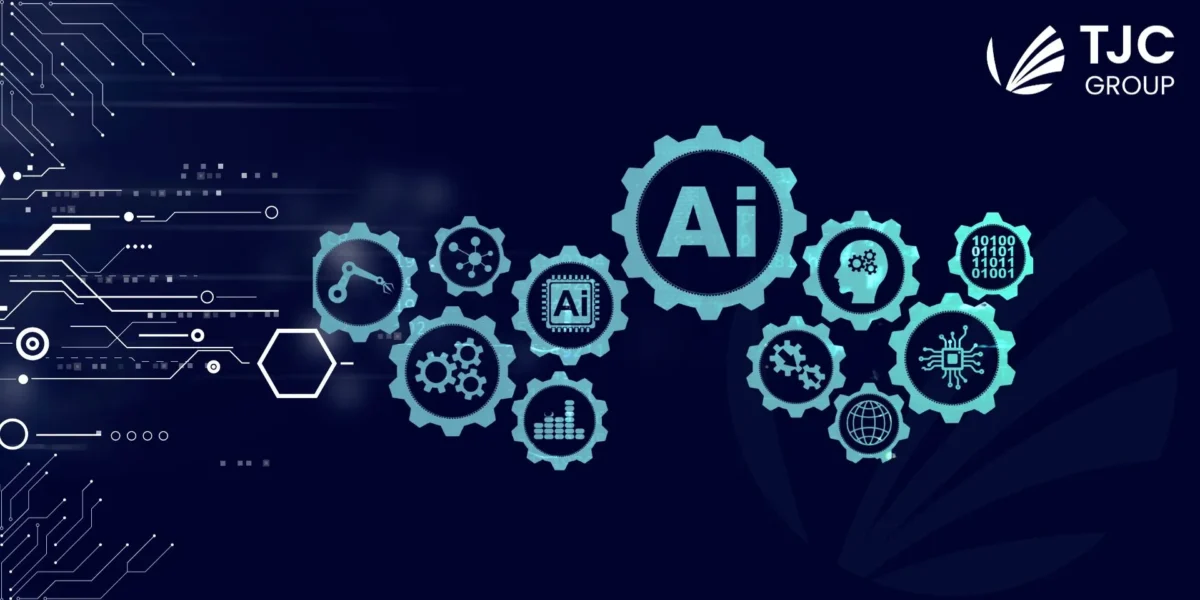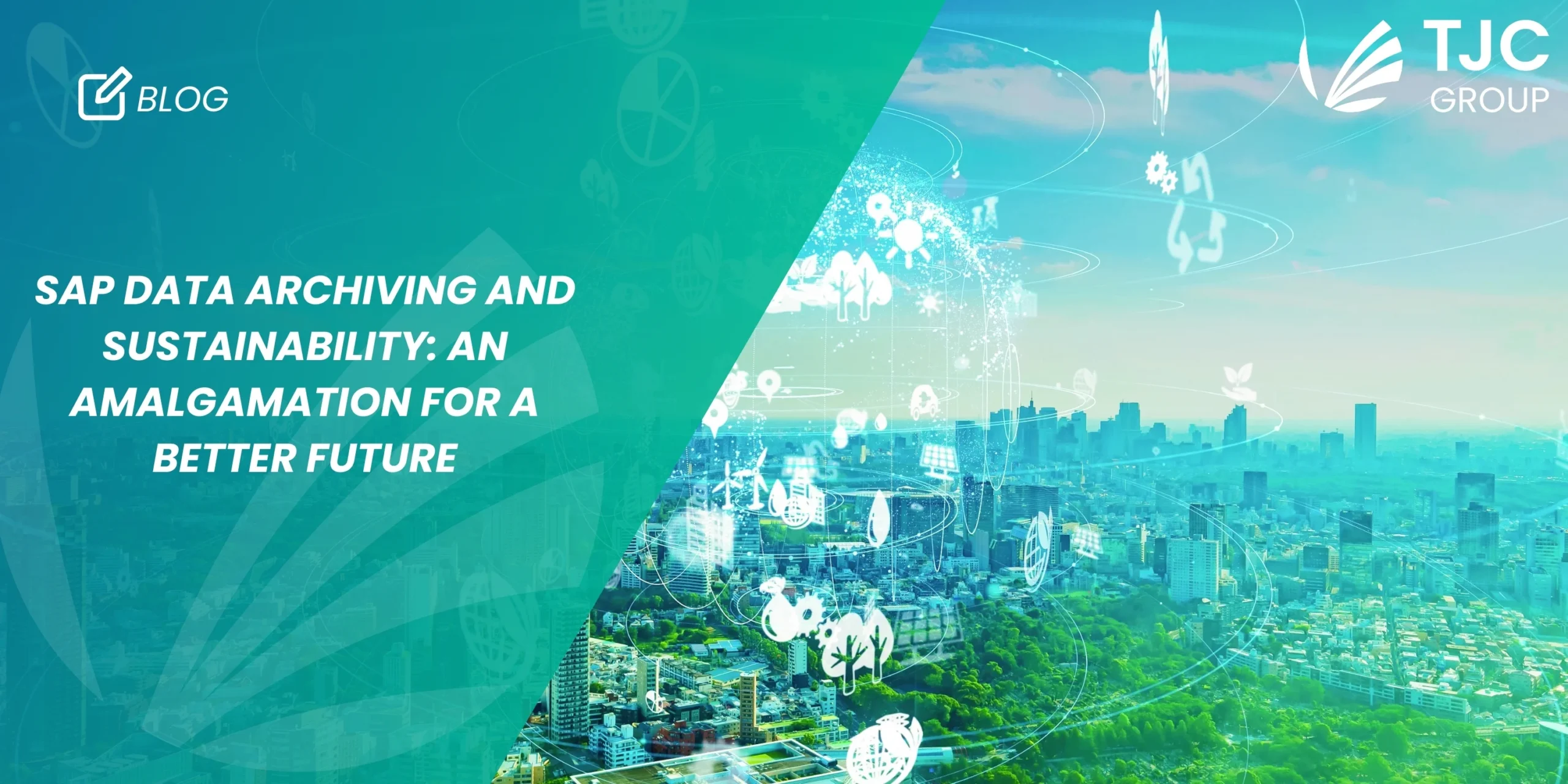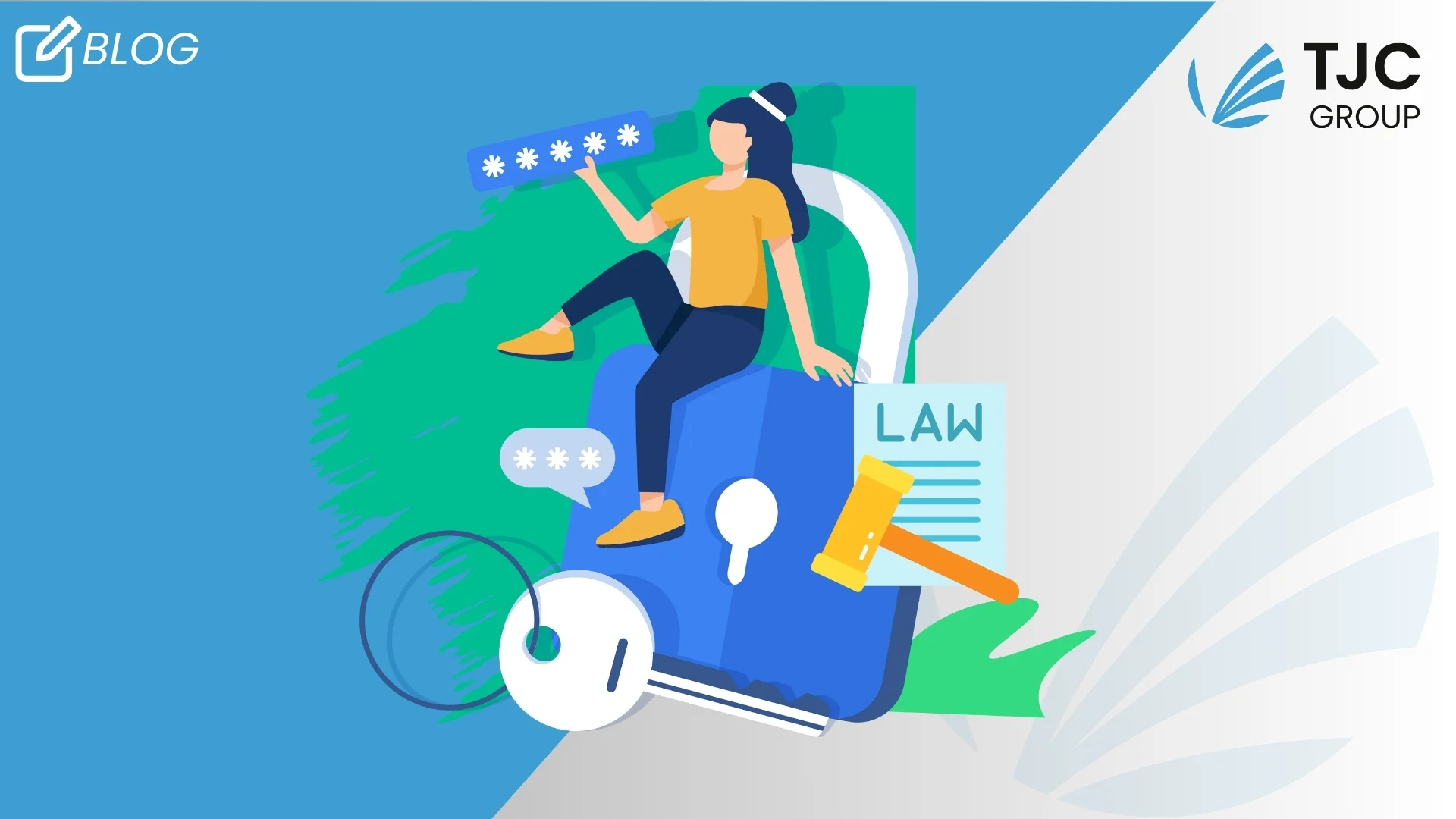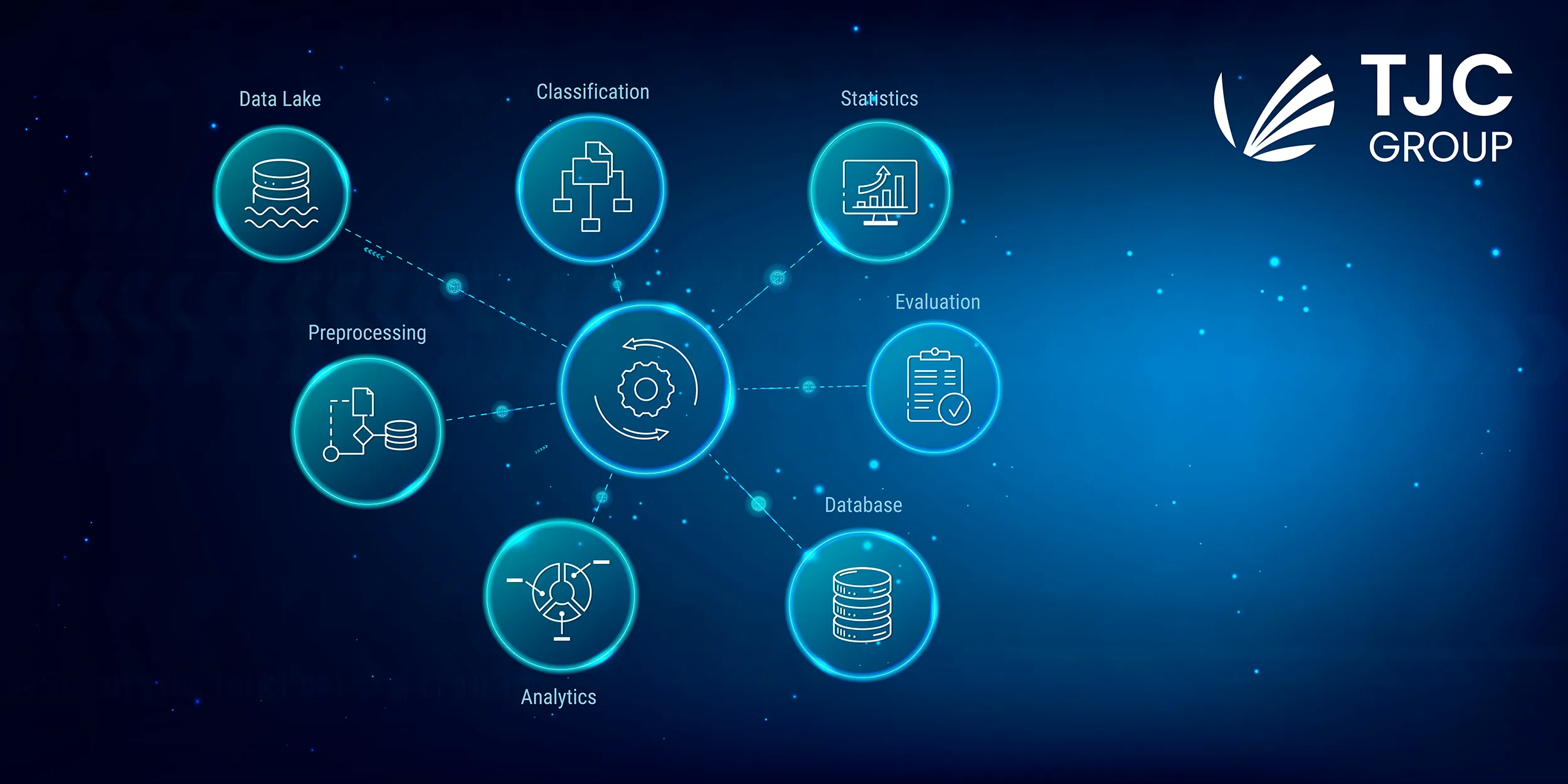
Table of contents
1. Introduction
“According to a 2023 survey by Gartner, in businesses, 55% of organisations that deployed AI have considered it for every new use case they are evaluating.”
Gartner reports that by 2026, organisations that operationalise AI transparency and security will witness their AI models achieve a 50% improvement in terms of business goals, user acceptance, and adoption.
While some are incremental, some are disruptive – today’s tangible developments are contributing to AI’s goal of achieving artificial general intelligence. With recent AI tools like ChatGPT, GrammarlyGO, Google BARD, and so on, the operational efficiency of businesses has improved and will continue to do so, if used ethically and accurately.
In our previous blog on why quality data is a must, we gave an overview about how AI is related to SAP. Continuing with that, in this blog, we will see in more details about SAP AI, its areas, and more.
2. An overview of SAP Artificial Intelligence Core
SAP Artificial Intelligence Core is a service in the SAP Business Technology Platform (SAP BTP) designed to handle the operation and execution of all the AI assets in a scalable, standardised, and hyper-scale-agnostic way. It offers seamless integration along with the feature of any AI function being easily realised using open-source frameworks. SAP AI Core enables users to make data-driven decisions efficiently and effectively, customised to specific business problems. That said, it is capable of handling large amounts of data, providing scalable machine learning capabilities for automating tasks like triage services for customer feedback or tickets and classification tasks. SAP AI Core has preconfigured SAP solutions embedded in it; however, it can be also configured for open-source machine learning frameworks, and users can embed it into other applications too.
Precisely, the SAP AI Core tool enables users to –
- Leverage high data volume from applications for creating robust AI learning modules.
- Seamlessly and easily embed the capabilities of AI into other applications.
- Cost-effectively serves AI inference with low latency and high throughput.
- Execute AI training on accelerated hardware.
- Helps adhere to an explainable, maintainable, and compliant process.
- Helps focus on the operationalisation of AI scenarios.
- Helps manage all stages of the AI lifecycle with the help of a comprehensive set of tools and services.
Read more on Artificial Intelligence and SAP BTP in blog from SAP community.
3. A little bit about the SAP AI Launchpad
A multitenant Software as a Service (SaaS) application, SAP AI Launchpad is a part of the SAP Business Technology Platform. Customers and partners can use SAP AI Launchpad for managing their artificial intelligence use cases/scenarios across multiple instances of AI runtimes, like the SAP AI Core.

Source: SAP Community
SAP AI Launchpad comes with several benefits, some of which are –
Enables integration with AI runtime instances: Add connections to one or more AI runtime instances while swiftly switching between them to carry out operations.
Can work with resource groups of the SAP AI Core: Access resource groups from SAP AI Core runtime to enable actions only on the AI assets that the AI Core consists of, like executions, models, and deployments.
Helps manage the lifecycle of AI use cases: Explore and manage the lifecycle of the AI use cases, which includes training and deploying AI models for generating endpoints for online predictions.
Get access to statistics on your use cases: With SAP AI Launchpad, users can view statistics about AI cases and how they are consumed. Analysing these statistics will help better estimate the computing needs of the AI runtimes.
Manage administration for SAP AI Core: Manage administrative tasks for the SAP AI Core runtime, like the required authentications in the AI workflow.
4. Areas to explore with AI in SAP
4.1 Finance with AI
Artificial intelligence in the financial sector is a marvel. It helps increase performance across a range of financial activities from payments, expense management, invoice management, forecasting, auditing, and more – thereby reducing the risks of human errors. To simplify its benefits, AI in finance can –
- Help reduce the number of days for sales outstanding with its intelligent invoice matching.
- Allow better streamlining of calculations for purchase order accruals.
- Helps simplify financial closing reports with intelligent intracompany reconciliation.
- Guards against fraud with AI-assisted anomaly detection.
In SAP’s Finance with AI, one can find the AI solutions in the following functions –
- Cash applications
- Accounting and financial close
- Intercompany matching and reconciliation
- Business integrity screening
- Identity access governance
- Accruals management
- Travel & Expense
4.2 Supply chain with AI

Create a sustainable and risk-resilient supply chain with built-in AI, connected and contextualised. Implementing artificial intelligence in the supply chain will help –
- Predict the ever-changing demands of the customers and adjust to change them seamlessly.
- Enhance quality analysis (QA) with AI-backed anomaly detection and visual inspection.
- Mitigate risk with preventive maintenance guidance.
- Increase the efficiency of the production with intelligent auto-dispatching.
For the supply chain, the following are the sections where AI has been implemented –
- Planning and manufacturing
- Logistics
- Product lifecycle management
- Asset management
4.3 Information technology with artificial intelligence

With the capabilities of AI in SAP solutions, organisations can empower their IT teams to make better and faster decisions. It helps in –
- Managing the AI model lifecycle in one central place.
- Exploring relationships in the data set and predicting future events.
- Deploying and running AI models at scale without having to compromise on data privacy.
- Building a library of pre-trained models backed by artificial intelligence.
For information technology, start with the AI foundation on the SAP Business Technology Platform. To give a brief definition, AI Foundation is SAP’s all-in toolkit for artificial intelligence, which offers developers a ready-to-use AI. It is customisable with business data and supported by leading generative AI models. Pros of integrating your IT solutions with SAP’s AI Foundation on SAP BTP are –
- It is a ready-to-use service that adds intelligence to applications using AI models trained on business-relevant data.
- Helps with AI workload management, wherein organisations can train, deploy, and run AI models at scale.
- Get access to data across hybrid and cloud environments, irrespective of where it resides.
- Enables generative AI management, along with the option of leveraging vector capabilities for accurate data retrieval and reduced errors.
4.4 Sales and Marketing with AI
Make sales and marketing easier and effortless with the help of artificial intelligence by personalising the entire customer journey with the help of AI-based suggestions. Adding to this, AI recommendations in sales and marketing will also help strengthen sales pipelines with intelligent lead scoring, further turning prospects into customers. Some more benefits of sales and marketing with AI are –
- Ability to predict customer behaviour while minimising customer churn.
- Leverage the advantage of hyper-personalising your product recommendations across all the marketing channels.
- Increase the size of your deal with up-sell and pricing suggestions.
- Assist your salesforce to the opportunities with the highest close potential.
In sales and customer service, these are the following sections where AI-backed recommendations are available –
- With guided selling, enjoy the benefit of predicting opportunity timings and the likelihood of success using algorithms and past information.
- Intelligent forecasting helps forecast achievable sales volume with intelligent performance predictions accurately. Consequently, it also improves forecasts with quote-to-order conversion probability analysis.
- Customer service intelligence helps support teams prioritise and categorise tickets based on their importance and customer sentiment. In addition to this, teams can also assist customer inquiry handling with accurate information and recommended steps. Lastly, with the help of customer service intelligence, teams can accelerate case resolution with AI-backed guided flows.
4.5 Procurement with AI
Organisations can transform their procurement approach into a more proactive, agile, and data-backed operation with the help of automation, recommendations, and guidance driven by artificial intelligence. A few advantages of procurement with AI are as follows –
- Stay compliant and simplify buying with on-screen recommendations.
- Minimise errors, reduce manual efforts and streamline the data extraction process. However, keep in mind that, the results still need to be checked and validated by an expert for further accuracy.
- With the help of AI-backed procurement, teams can create sourcing projects and events more effectively.
- Organisations can also receive data-driven, prescriptive guidance for crucial and critical decision-making.
Here’s what AI in procurement makes possible for organisations –
- Intuitive sourcing event creation and contract-consumption predictions.
- For procurement, it offers guided buying and delivery date predictions.
- Invoice and payment management with automated invoice classification.
- Get assistance with supplier management through supplier information enrichment.
- For external workforce and services, it offers intelligent resume analysis.
4.6 Human resources with AI

Benefit from the power of artificial intelligence for cultivating inclusive, dynamic, and future-ready strategies, which is connected along with being data-driven and employee-centric. For human resources, AI is beneficial in several ways, like –
- Helps employees grow in their skills with personalised recommendations.
- Assists HR managers in optimising workforce planning with the help of intelligent staffing analysis.
- Identify and onboard top-notch talent that fits the requirements of the organisation.
- Additionally, it enhances the employee experience with the help of a digital assistant.
Following are the sections in human resources where AI plays its magical role –
Learning and development: Give your employees the pathway to grow through personalised opportunities with the help of AI recommendations.
Rapid workforce planning and analysis: Analyse, forecast, and plan the supply and demand of the workforce while assessing its gaps; create an ideal amalgamation of workforce that aligns with the organisation’s financial goals, and more.
User experience: With the help of AI in HR, managers and executives can complete their tasks faster with a single assistant that can be integrated into all the SAP applications. Additionally, you can receive insightful HR recommendations, get answers to questions for better decision-making, and so on.
Get started with SAP Artificial Intelligence with this tutorial by SAP HANA Academy.
Conclusion
Undoubtedly, AI has been a big boon to businesses, helping them achieve remarkable feats of success, across several industries. The AI technology, coupled with machine learning, can help analyse data much more efficiently and effectively. You can create predictive models and algorithms for processing data and understanding the potential outcomes of different scenarios and marketing trends. That said, artificial intelligence’s advanced computing capabilities can help speed up the analysis and processing of data for research and development – that could have taken longer for humans to review and understand.
As you know AI needs quality data for organisations to be able to leverage its benefits in their IT environments. Therefore, proper and effective data management is of utmost importance. TJC Group is one of the leading data volume management experts assisting several organisations across different industries stay compliant while having access to their legacy data in a secured environment. Contact us today for more information on our data management services.








